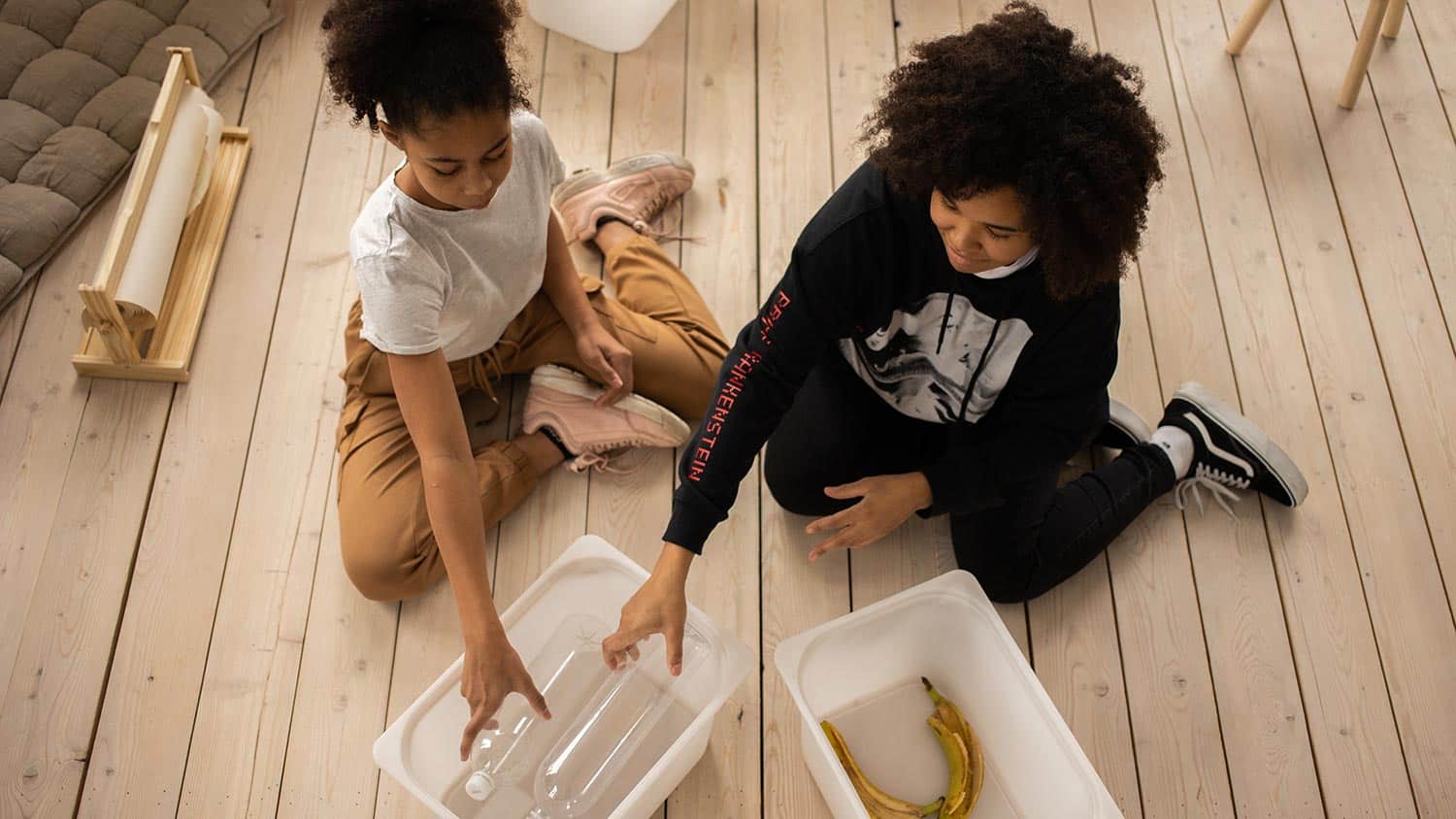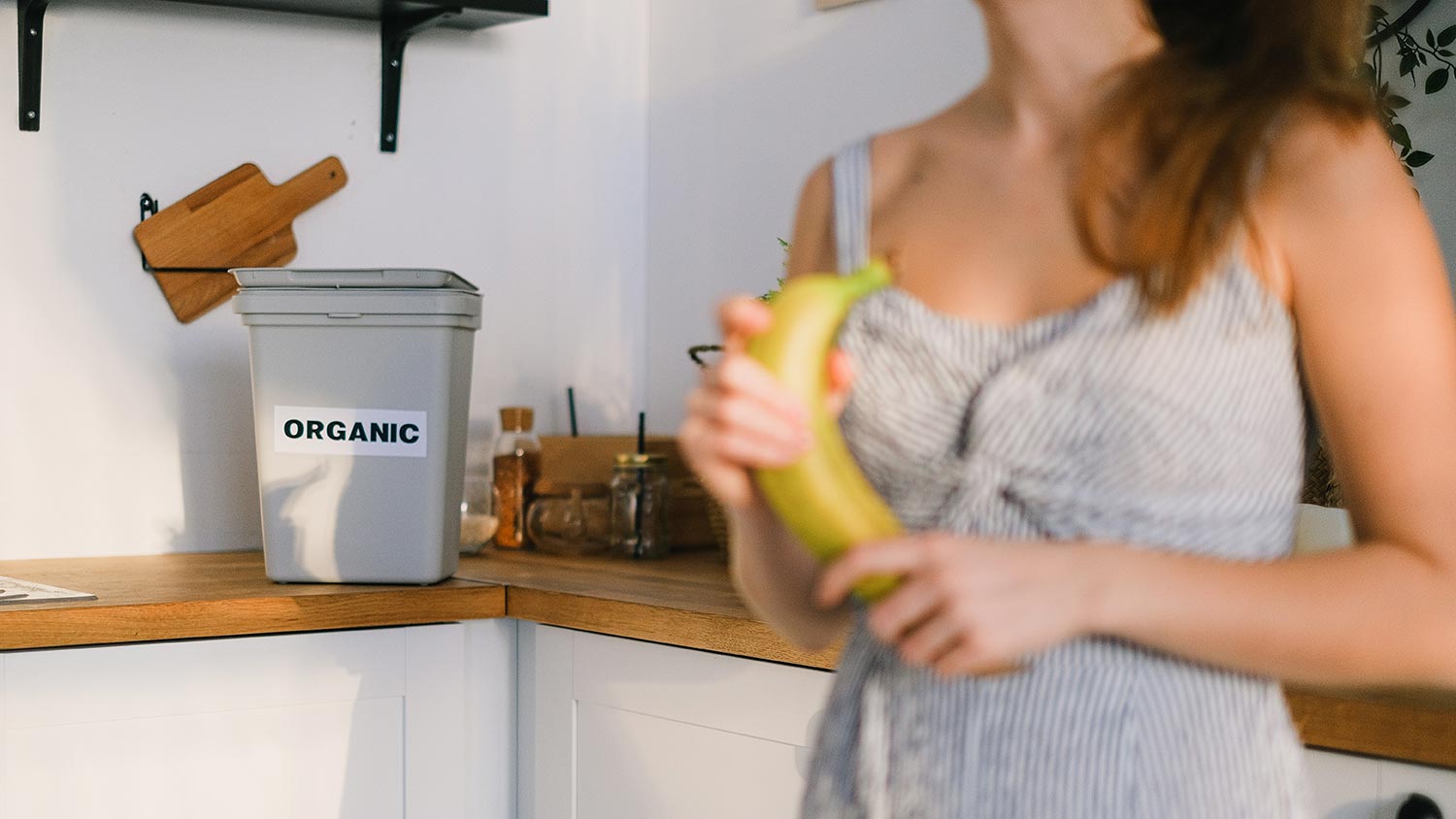How to Teach Eco-Friendly Waste Management to Kids

Children should learn about proper waste management and reduce, reuse, recycling from a young age. Even when they are still in playschool or kindergarten, you can start teaching them about how to protect the environment. Good habits related to waste management don’t have to be complicated to teach or learn. Here are some tips on how to teach waste management to kids.
What is Waste Management and why is it important?
Before we get onto the tips we should take a minute to explain what waste management is. Waste management is the process of handling, recycling or disposing of waste materials. It includes everything from reducing and reusing materials to properly disposing of hazardous waste. Waste management is important because it protects our environment and human health. When waste is properly managed, it reduces pollution and helps conserve resources. Additionally, effective waste management can help create jobs and boost the economy. Proper waste management techniques are essential for keeping our planet clean and safe for future generations.
Be a role model for eco-friendly habits
The first step is to model the behaviour yourself. If you want your kids to recycle, then make sure that you are doing it too. Put recycling bins in your home and office, and make sure that everyone in the family knows where they are. Explain to your kids why recycling is important, and encourage them to put their waste in the right bin. As a role model, you can:
- When drinking water, show them where to recycle their plastic bottles once they’ve finished.
- Explain why single use plastic bottles are damaging for the environment and how eco friendly alternatives help reduce global pollution which in turn benefits the earth
- Explain why major shopping centres like Woolworths and Coles no longer provide plastic bags when you do your grocery shop.
- Pack recyclable items in their lunch box when they attend their local school
- Ensure any garbage you have at home goes through an appropriate waste disposal process so they are in essence learning waste management within their own home first.
- Ensure your waste disposal doesn’t affect the soil or other resources which are important for the planet.
- Talk to them about the latest innovative waste management solutions being implemented by Wollongong City Council so they can understand the future of recycling.
Make it fun
Make it fun for kids to learn about eco-friendly waste management. You can do this by incorporating games and activities into your lessons. For example, you can turn sorting trash into a game by seeing who can sort the most trash into the correct bins the fastest. You can also make recycling crafts together, such as making a collage out of recycled paper, face masks out of used cereal boxes or turning old cans into plant pots. Teaching children how to be responsible with household waste can be just as fun as them learning about it. Remember children learn at a fast pace so be sure to vary up your activities so they don’t become bored.
Show kids how to recycle different types of materials
Kids are naturally curious, and they often have a lot of questions about the world around them. When it comes to recycling for children, there are a few key things that they need to know. First, they should understand what recycling is and why it’s important. Second, they should learn how to sort different types of materials into the proper recycling bins. And finally, they should know what to do with materials that can’t be recycled. By teaching kids these basics, you’ll help them develop good habits that will last a lifetime. Plus, you’ll be doing your part to help protect the environment.

Teach them how to compost organic waste
As more and more people become interested in reducing their impact on the environment, there has been a growing interest in composting. Composting is a great way to recycle organic waste, such as kitchen scraps and yard waste, and turn it into a valuable resource for your garden. Not only does compost add vital nutrients to the soil, but it also helps to improve drainage and aeration. As a result, your plants will be healthier and better able to withstand drought and pests.
If you’re interested in starting a compost pile, there are a few things you should keep in mind. First, you’ll need to choose a location that is out of the way but still accessible. Second, you’ll need to balance the green materials (such as kitchen scraps) with the brown materials (such as dead leaves). Third, you’ll need to make sure that your compost pile has adequate drainage and aeration. And fourth, you’ll need to turn the compost regularly to speed up the decomposition process. With a little effort, you can easily turn your organic waste into valuable compost for your garden.
Help them understand the importance of reducing consumption
Reducing consumption can have a significant impact on the environment. Every time we purchase something, we are effectively voting for the production of that item. If we want to see less pollution and waste, we need to vote with our wallets and purchase fewer things. Of course, this can be difficult in a society that is so focused on material possessions. One way to help others understand the importance of reducing consumption is to lead by example. Show them that it is possible to live a happy and fulfilled life without an excess of stuff. Explain how consuming less can help to protect the environment and improve our quality of life. Hopefully, by setting a positive example, you can inspire others to reduce their consumption as well.
Encourage them to come up with their own ways to reduce waste
As the world becomes more aware of the need to reduce waste, there are a variety of ways that people can do their part. One way is to encourage others to come up with their own ways to reduce waste. This could include something as simple as recycling or composting, or it could be something more creative like upcycling or reusing items in new ways. By encouraging others to be creative in their approach to waste reduction, we can collectively make a significant impact. Additionally, it is important to remember that not all waste needs to be eliminated. Sometimes, the best solution is simply to reduce the amount of waste that is produced in the first place. By working together, we can make a real difference in the fight against climate change.
Conclusion
Waste management for kids is an important issue that we all need to be aware of. By teaching our kids about recycling, composting and reducing our consumption, we can make a big difference in the amount of waste that ends up in landfills. It’s never too early to start teaching kids about these issues and how they can help make a difference. Who knows, they might even come up with some new and innovative ways to reduce waste that we adults haven’t thought of yet!


